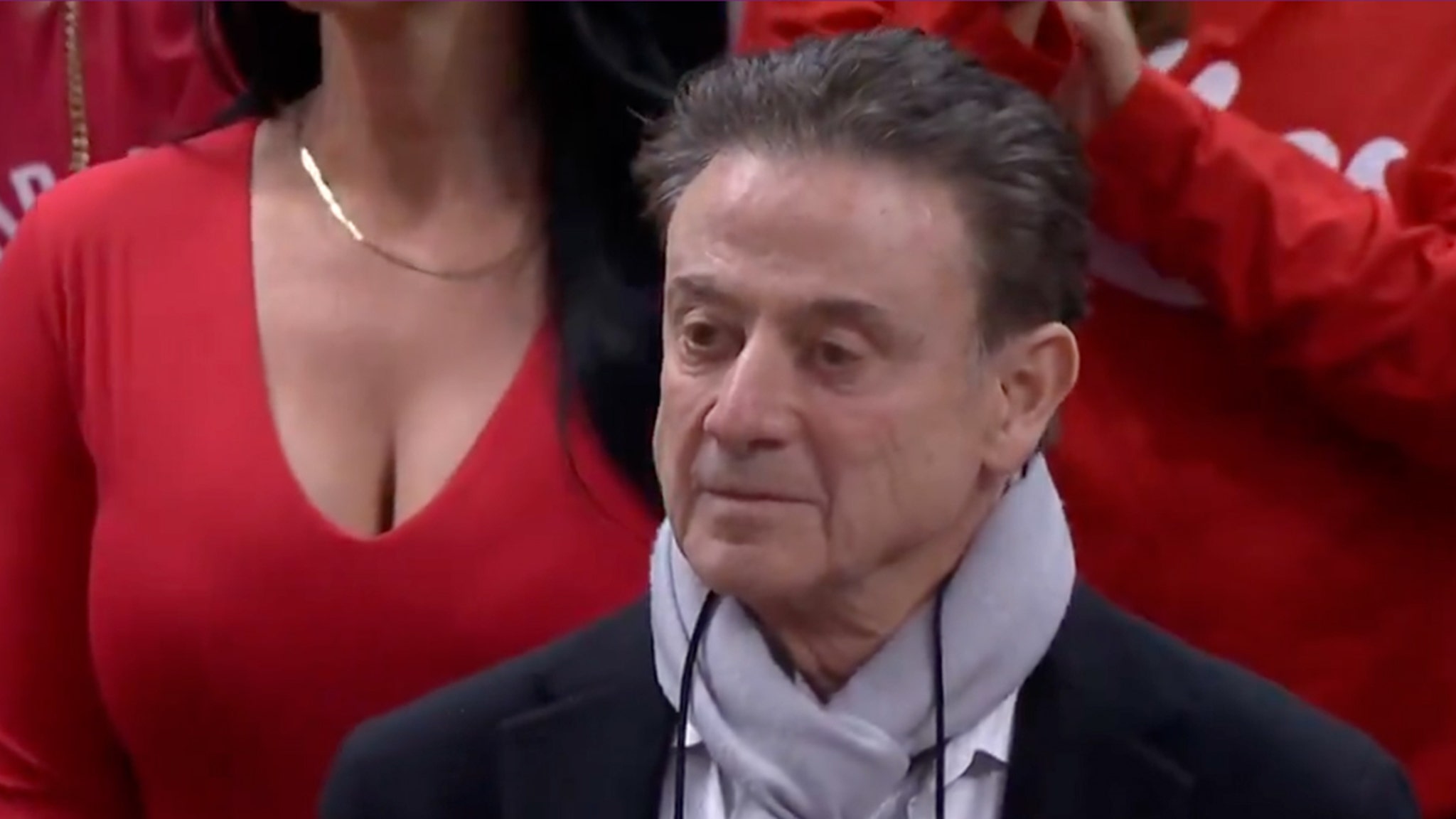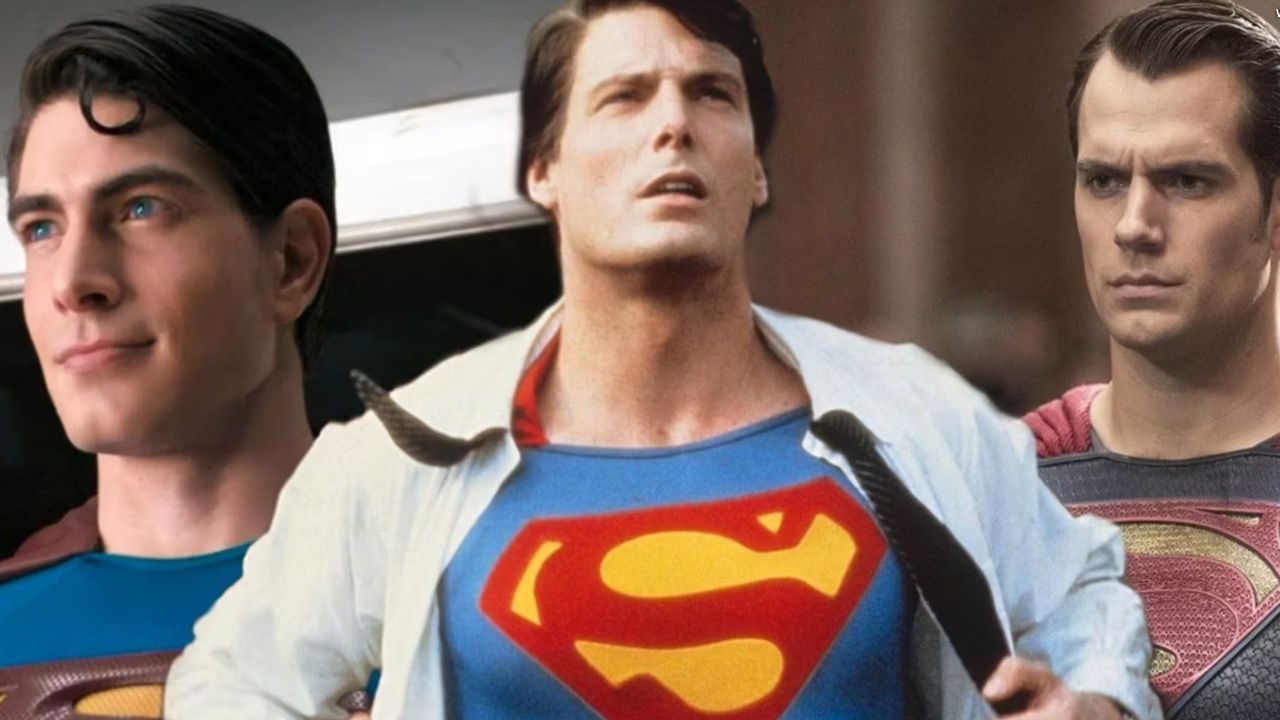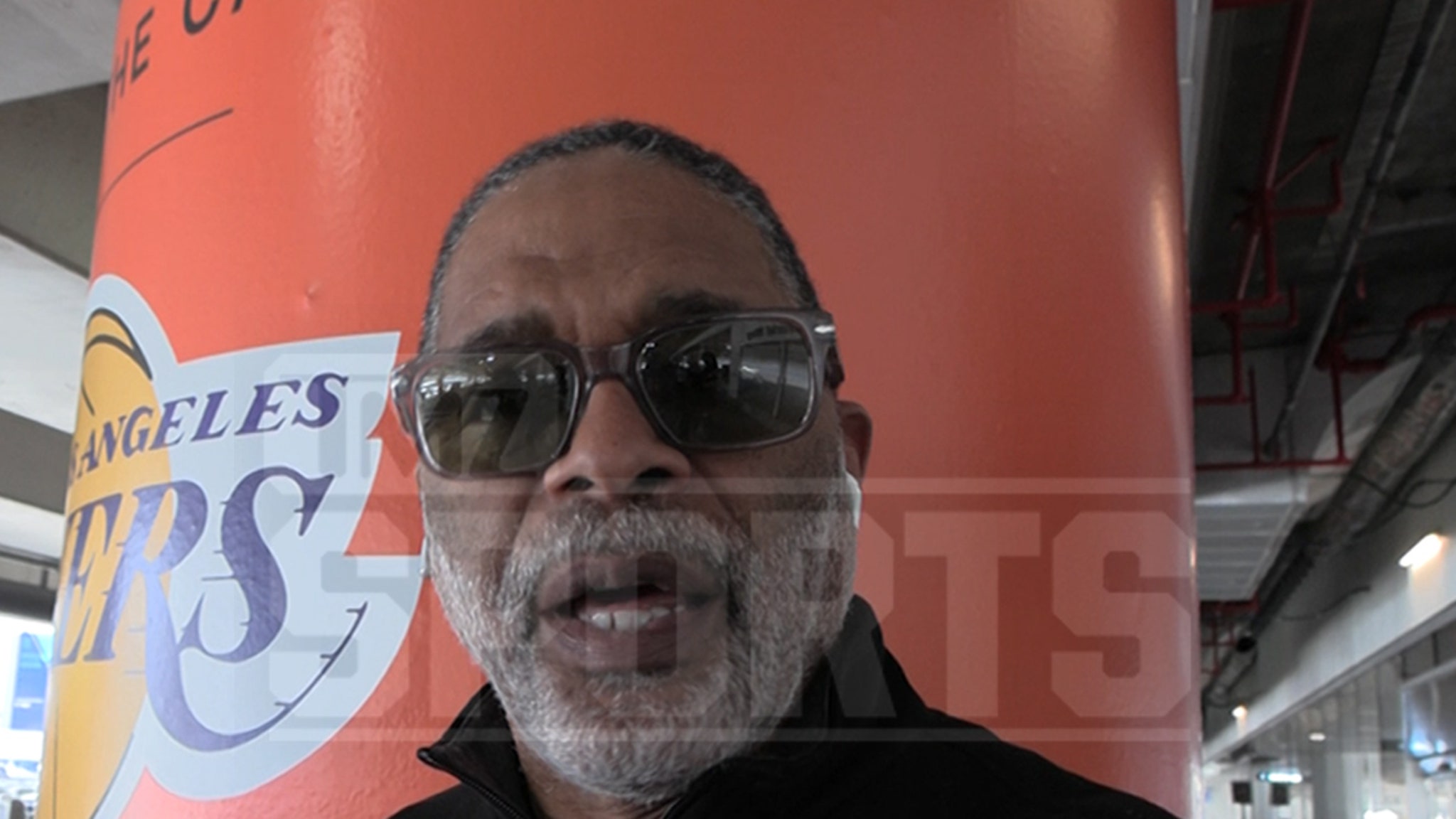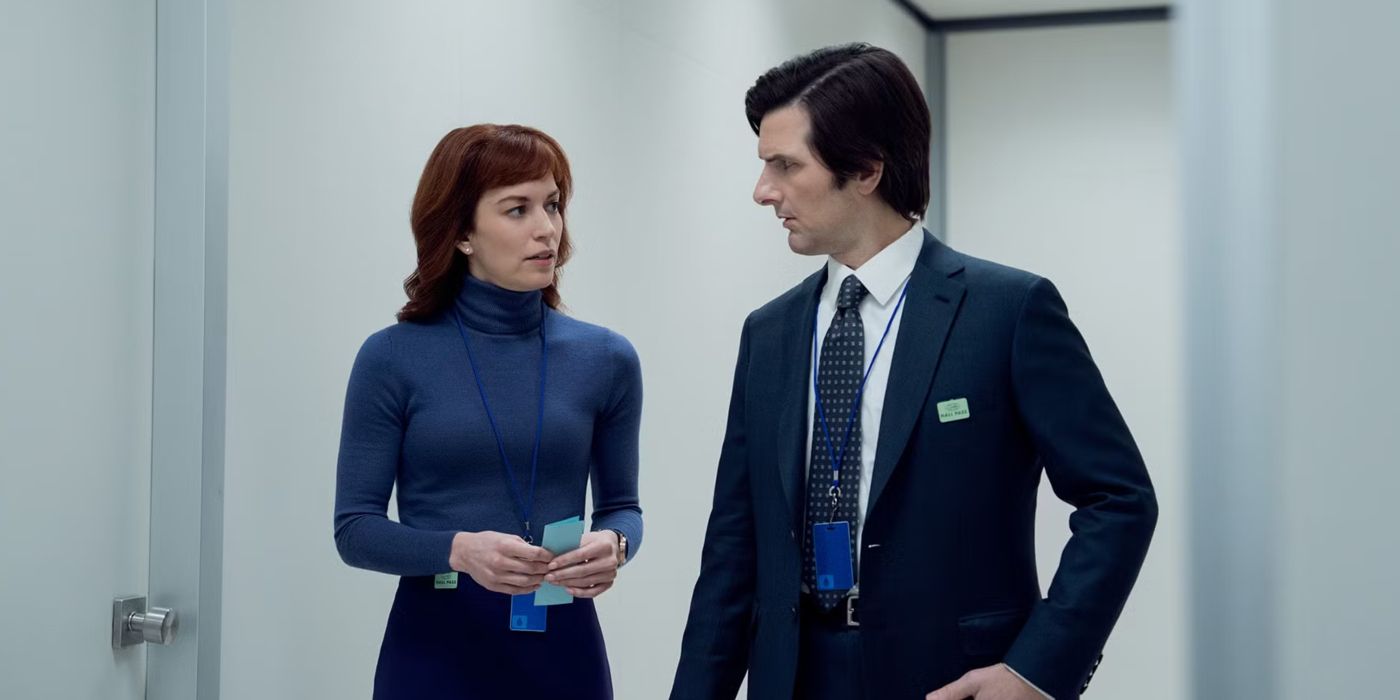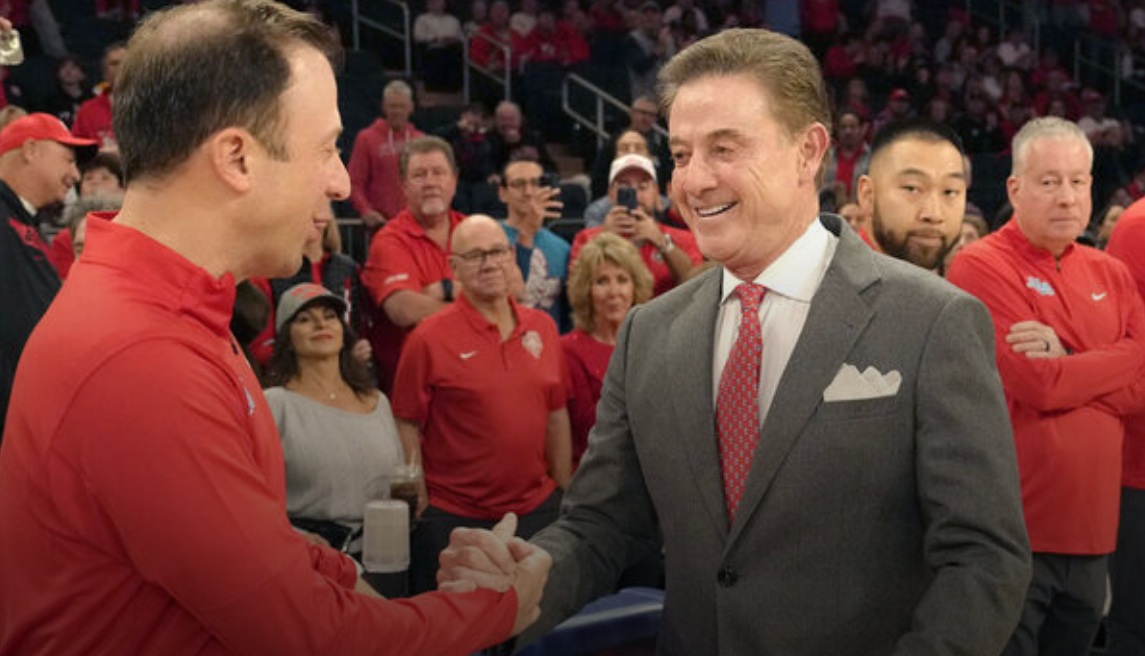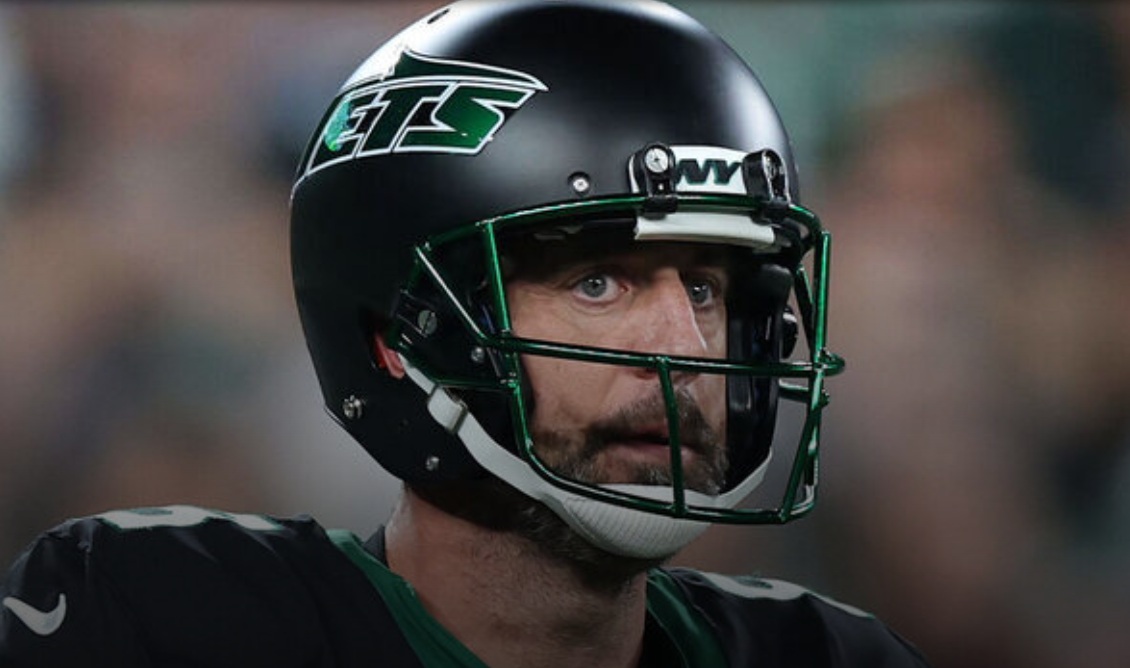Football has always been a game that has seen widespread participation. Teams from all over the world and fans supporting them en masse join together to produce the magnificent event of a football match. Be it a local football match or the world cup, the stadium is quite often fully packed. The popularity of football is because of the high dose of energy that each 90-minute game consists of. And since it is a competitive sporting event wherein so many people join in, it is also a place with rampant betting schemes.
Betting in games is a common occurrence throughout the world. But oftentimes, the urge to get some more money makes the individual players to be involved in many betting schemes. This leads to the fixing of matches wherein the outcome of a match is predetermined and the players play accordingly to ensure this predetermined result. Together with rowdie.co.uk we took a closer look at one of the oldest instances of such a match fixing-betting in a football game goes back to 1915.
Match fixing making history
On 2nd April 1915, a Good Friday, a match was supposed to be held between Manchester United and Liverpool. This was a critical match, especially for Manchester United, since they would face relegation if they couldn’t get a proper win. Footballers were quite underpaid around this time and there was also the lingering fear of an imposing war during that time. Thus, seven players from both teams came together and fixed the match such that Manchester United got a 2-0 win and avoided relegation. The odds for this happening were set at 7/1 and a large amount of money had been exchanged against this odd.
All the players involved with the match–fixing had bet heavy money into the match and were depending hugely on the results. The match went smoothly and Manchester United did end with a 2-0 win. Both the goals were scored by George Anderson. However, the proceedings of the match caught the attention of the onlookers and they were sure that something about this match was off. They could easily see that the Liverpool team was not doing the best that they could. Even when Fred Pagnam attempted a goal and hit the crossbar, the dissent from the teammates was very visible to the public eye. All of this reeked of a fishy affair and soon investigations were on the way.
The investigation was started by The Football Association when handbills started appearing indicating that a large amount of money was involved over this particular outcome. The players who were found to be involved from the Manchester United side were Sandy Turnbull, Enoch West, and Arthur Walley. The ringleader of this match-fixing scam was Jackie Sheldon from Liverpool partnered by his teammates Tom Miller, Thomas Fairfoul, and Bob Pursell. While they were formulating and fixing the results for the match, some of the members from both teams were completely against it. George Anderson, the goal scorer from Manchester United was very much against this idea and so was Pagnam from Liverpool, who attempted the goal to foil their plans but hit the crossbar instead.
Punishment was harder than expected
All the players who were found involved in this match-fixing scheme were banned for life from playing football by the Football Association. The decision was dated 27th December 1915 and also included that no club was involved in the wrongdoing. This ensured that neither team would be fined or have points dedicated ensuring that Manchester United was not relegated. This decision was followed by much drama too since West loudly protested against the decision claiming that he was not involved. He had even filed charges of libel against the Football Association and lost, with the ban against him still standing. 4 of the players were from Scotland and the ban did not apply within the country and thus they could play locally.
The decision to ban the seven players was followed by the first World War. Thus, it had no immediate effect on the players. Sandy Turnbull, while he was serving his country in the war, was killed on the battlefield. The remaining players, due to the services they offered to the country during the war had their player status reinstated. Even Turnbull was posthumously reinstated into the game but West was left out from this decision. The ban on West was also lifted but it was too late for him. It was lifted after the end of the Second World War in 1945 when, at 59, he was at no fit age to play.
This was one of the first betting scandals that involved match-fixing. It could be understood from this case that the main motive behind fixing the match was not to ensure Manchester United’s position but to get some money. However, where this could be an isolated incident such football betting scandals are becoming more and more prevalent nowadays. It has become a huge market, especially in Asia and a huge amount of money flows through the whole system. It is not only football that is being affected by such incidents of betting. Other sports events such as American football, cricket, hockey, and so on are also facing the wrath of such betting scandals which in turn is destroying the joy of a good game.
Such corruption in sports has been prevalent since ancient times and dates back to at least 2,800 years. During the ancient Olympics games in Greece, the statues of Gods were paid for by players and coaches guilty of such corruption. The way matches are fixed nowadays, however, works in a much different way. Globalization has ensured that every corner of the world is connected and this means that more people can contribute to the bet. This in turn means much more money, and thus match fixing and betting have taken such a drastic turn. It is essential that such kinds of practices need to be carefully looked into and curbed if one wants to preserve the sanctity of a sporting event. Otherwise, such events would end up becoming like any other televised show!
You can view the original article HERE.

